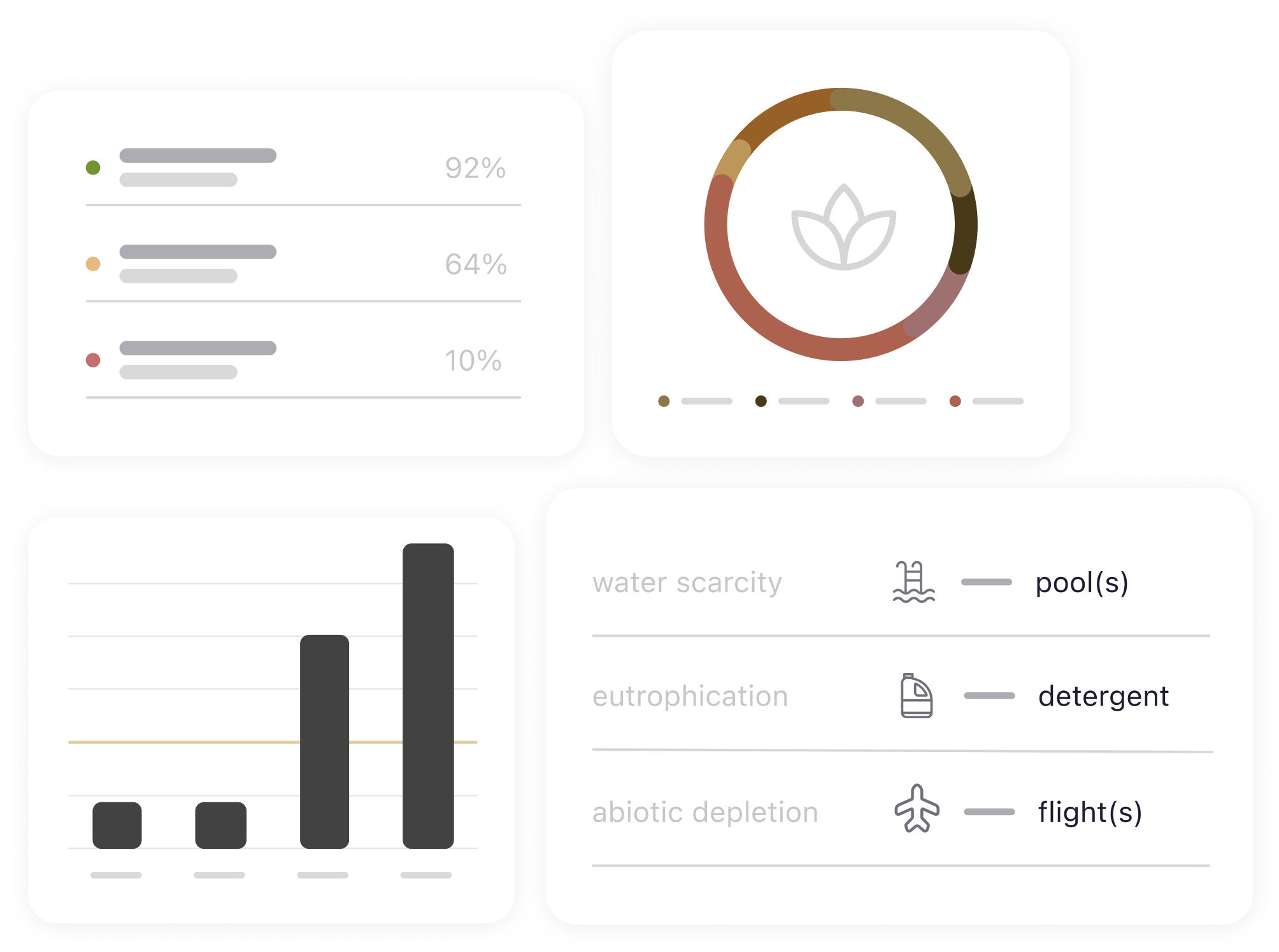The huge popularity of sustainability in the fashion industry has triggered an outsized growth in misleading claims in the textile sector. Unfortunately, more and more brands are using greenwashing techniques to quickly get closer to consumers who demand more sustainable products. Certain countries, such as Denmark with the guide published by the Consumer Ombudsman or the United Kingdom with the application of the Green Claims Code, are some of the territories that have begun to apply their own codes to regulate the communication of commercial claims linked to sustainability. A few weeks before the European Commission determines what the requirements will be to promote the sustainable features of a product, we analyze what the impact of future legislation will be on the companies with the greatest tendency to make misleading claims: the fast fashion industry.
The EU will require textile companies to justify the claims they make about the environmental footprint of their products and services
The countdown has begun, at the end of November the European Commission is expected to approve the second package of action measures for the circular economy. Among other initiatives, this package will include a legislative proposal for substantiating “green claims” made by companies, that is, on the advertising messages related to the sustainable features of the promoted articles.
This proposal will require textile companies to justify the claims they make about the environmental footprint of their products and services using standardized methods for its calculation. Its aim is to ensure that claims are honest across the EU, thereby reducing the risk of greenwashing and helping consumers make better choices by increasing the level of trust placed in product labels and communication.
With the adoption of this new directive, evidence will become the main requirement for companies to make truthful claims about the environmental performance of their products. As we mentioned in the article Greenwashing examples: 7 mistakes your fashion brand could be making and how to avoid them, why should a consumer believe that the information provided by a brand is authentic if it isn’t supported by evidence? The EU seeks to protect buyers through provable information.
In the Proposal for a Directive on empowering consumers for the green transition adopted by the European Commission last March, the need to regulate environmental declarations using the Product Environmental Footprint (PEF) method is mentioned. A formula that seeks to reduce the risk of greenwashing through the disclosure of reliable, comparable and verifiable information.
Everything indicates that the new directive seeks to put an end to the communication of claims and data that are not supported by an environmental measurement methodology that covers the entire product.
Waiting to define what will finally be the rules that regulate the ecological declarations of the articles, we analyze what their impact could be on the fast fashion industry in Europe.
- We could be at the end of the use of vague and abstract terms. Adjectives such as “eco-friendly” or “responsible” would need to be backed up with verifiable impact figures to ensure that claims about sustainable product features are true and accurate.
- Fashion brands should make public the methodology they have used to make their measurements. It wouldn’t be enough to have a nice web section in which to collect some impressive percentages. Businesses should transparently show what measures, indicators, criteria or standards have been used in their evaluations.
- Claims that don’t contemplate the full product could have their days numbered. This wouldn’t mean referring to the entire value chain in each claim, but when communicating the impacts, these should be calculated taking into account all the processes that the product has been through, not just a part.
- Sustainability labels and digital information tools would have to be verified by a third party. Working with an external partner that validates the information published by the company would be an essential requirement to guarantee that this data is authentic.
Despite large fast fashion groups could be the most affected, the European Commission seeks to regulate green claims indiscriminately for the entire industry
The consequences of future legislation on the fashion industry will largely depend on the severity with which this initiative is applied in the textile sector. Despite the fact that large fast fashion groups could be the most affected by this directive, the European Commission seeks to regulate the communication of these messages indiscriminately for the entire industry. To ensure its most accurate application, many are already anticipating the need to complement the use of Life Cycle Assessment with other methods that assess broader sustainability impacts, such as social or economic impacts.
In order to guarantee honest results, the methodology that we follow at BCome when carrying out LCA follows the ISO 14040/14044 standards for Environmental Management and the recommendations of the Product Environmental Footprint (PEF) of the EU. However, our approach to sustainability goes beyond conducting environmental impact assessments. We offer our brands the possibility to evaluate the performance of their collections in four impact areas: planet, people, transparency and circularity.
Our commitment to honesty is evidenced by our methodology. We regularly identify higher quality data to provide ever more accurate information. The result is a reliable methodology that we are happy to share with anyone who wants to consult it.
In a few weeks, the guidelines included in the European legislative proposal for substantiating “green claims” will be revealed. Meanwhile, we invite you to take a look at all the tools that we put at your disposal so that your business can communicate honestly and transparently with its community. We want to be the partner that walks with you on your journey towards sustainability, shall we talk?






